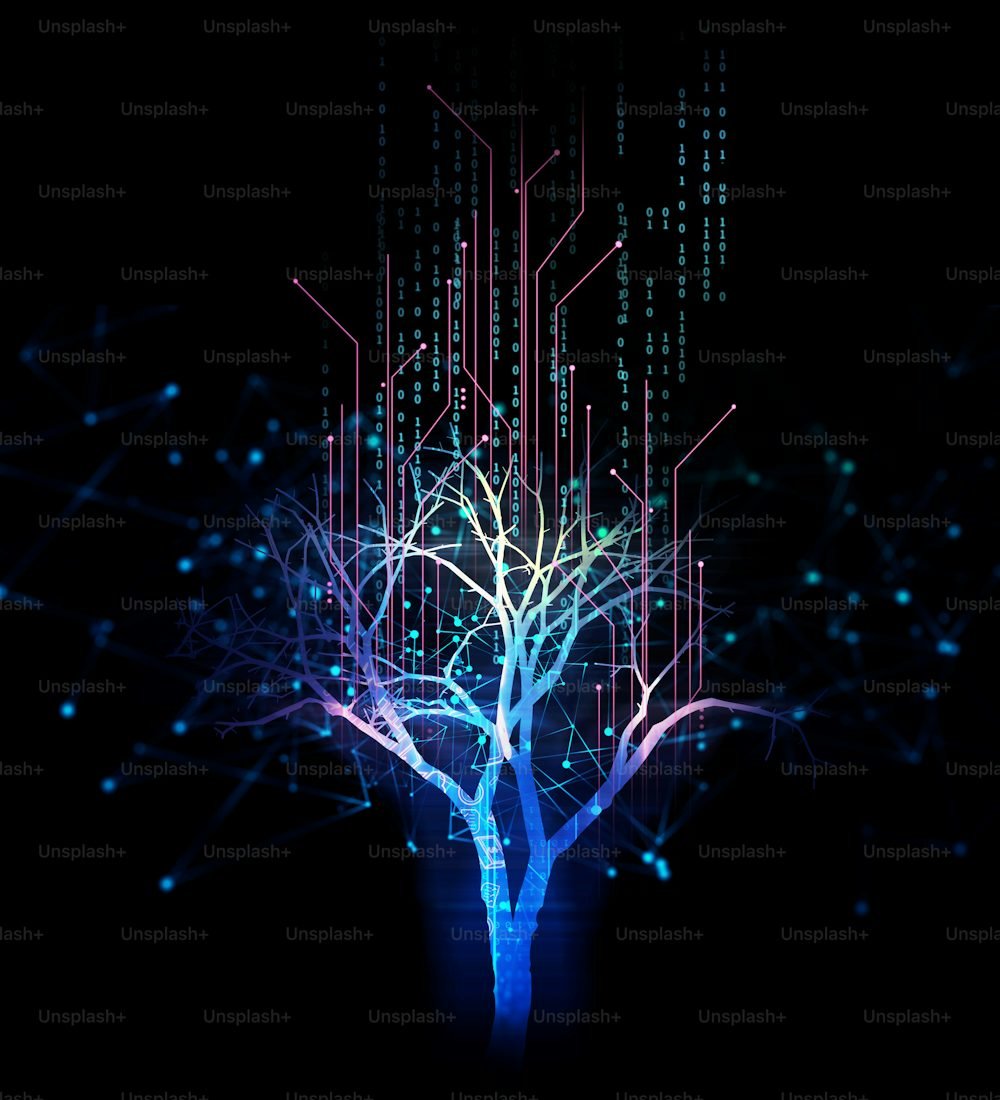
A Bachelor of Technology (B.Tech) in Computer Science and Engineering (CSE) is a highly sought-after degree that equips students with a broad range of skills and knowledge essential for thriving in the technology sector. The curriculum is designed to provide a strong foundation in both theoretical and practical aspects of computer science. In this article, we will explore the core subjects that form the backbone of the B.Tech CSE program, providing insight into their significance and what students can expect to learn from them.
Fundamentals of Programming
The journey in B.Tech CSE often begins with learning the fundamentals of programming. This subject introduces students to the basic concepts of programming languages such as C, C++, and Python. It covers essential topics like syntax, control structures, functions, and data types. Mastery of these concepts is crucial as they serve as the building blocks for more advanced programming topics. Students develop problem-solving skills and learn to write efficient and error-free code, laying a solid foundation for their future coursework.
Data Structures and Algorithms

Data Structures and Algorithms (DSA) is a critical subject that delves into the organization, management, and manipulation of data. This course covers a range of data structures, including arrays, linked lists, stacks, queues, trees, and graphs. Alongside data structures, students study various algorithms for searching, sorting, and optimizing data processing. Understanding DSA is vital as it enables students to develop efficient software and applications by choosing the most suitable data structures and algorithms for specific tasks.
Computer Organization and Architecture
Computer Organization and Architecture (COA) focuses on the internal workings of a computer system. This subject explores the hardware components, including the Central Processing Unit (CPU), memory hierarchy, and input/output devices. Students learn about instruction sets, microoperations, and the principles of computer design. This knowledge is essential for understanding how software interacts with hardware and for optimizing performance in computing systems.
Operating Systems
The Operating Systems (OS) course provides an in-depth understanding of the software that manages computer hardware and software resources. Topics covered include process management, memory management, file systems, and system calls. Students learn how operating systems handle multitasking, resource allocation, and user interfaces. Proficiency in operating systems is critical for developing applications that interact efficiently with the underlying hardware and for troubleshooting system-level issues.
Database Management Systems

Database Management Systems (DBMS) is a subject that deals with the design, implementation, and management of databases. Students learn about various types of databases, including relational, hierarchical, and NoSQL databases. The course covers essential concepts such as data modeling, normalization, query languages (e.g., SQL), and transaction management. Knowledge of DBMS is crucial for managing and retrieving data effectively in various applications, from web development to enterprise systems.
Software Engineering
Software Engineering focuses on the principles and practices of designing, developing, and maintaining software systems. This subject covers the software development lifecycle, including requirements analysis, design, implementation, testing, and maintenance. Students learn about methodologies such as Agile and Waterfall, and gain skills in project management and quality assurance. Software Engineering prepares students to handle complex software projects and ensures they can deliver high-quality software solutions.
Computer Networks
Computer Networks explores the principles and technologies behind network communication. Topics include network topologies, protocols, and architectures, as well as data transmission and security. Students learn about various types of networks, such as LANs, WANs, and the Internet, and how they are designed and managed. Understanding computer networks is essential for developing and managing networked applications and for ensuring secure and efficient data communication.
Web Technologies
The Web Technologies course introduces students to the development of web applications and services. Topics include HTML, CSS, JavaScript, and web frameworks. Students learn to build interactive and dynamic websites, understand client-server interactions, and explore web development tools and technologies. Proficiency in web technologies is crucial in today’s digital world, where web applications play a central role in business and communication.
Artificial Intelligence and Machine Learning
Artificial Intelligence (AI) and Machine Learning (ML) are rapidly growing fields within computer science. This subject covers the fundamentals of AI, including problem-solving, reasoning, and learning algorithms. Students explore various ML techniques such as supervised learning, unsupervised learning, and neural networks. Understanding AI and ML is increasingly important as these technologies are applied in diverse areas like data analysis, robotics, and automation.
Human-Computer Interaction
Human-Computer Interaction (HCI) focuses on the design and evaluation of user interfaces and user experiences. This subject covers principles of usability, accessibility, and interaction design. Students learn to create interfaces that are intuitive and user-friendly, taking into account human cognitive and perceptual abilities. Proficiency in HCI is essential for developing applications that effectively meet user needs and enhance overall user satisfaction.
Ethics and Professionalism
Ethics and Professionalism in computing is an important B.tech subjects CSE that addresses the ethical implications and professional responsibilities of technology professionals. Topics include data privacy, intellectual property rights, and ethical decision-making. Students learn about the societal impact of technology and the importance of adhering to ethical standards in their professional practices. This knowledge is crucial for navigating the complexities of the tech industry and ensuring responsible conduct.
Conclusion
The B.Tech CSE curriculum encompasses a diverse range of subjects, each contributing to the development of a well-rounded computer science professional. From programming and data structures to artificial intelligence and web technologies, these subjects provide students with the knowledge and skills needed to excel in the technology sector. By mastering these core areas, students are well-equipped to tackle the challenges of modern computing and to innovate in a rapidly evolving field.







